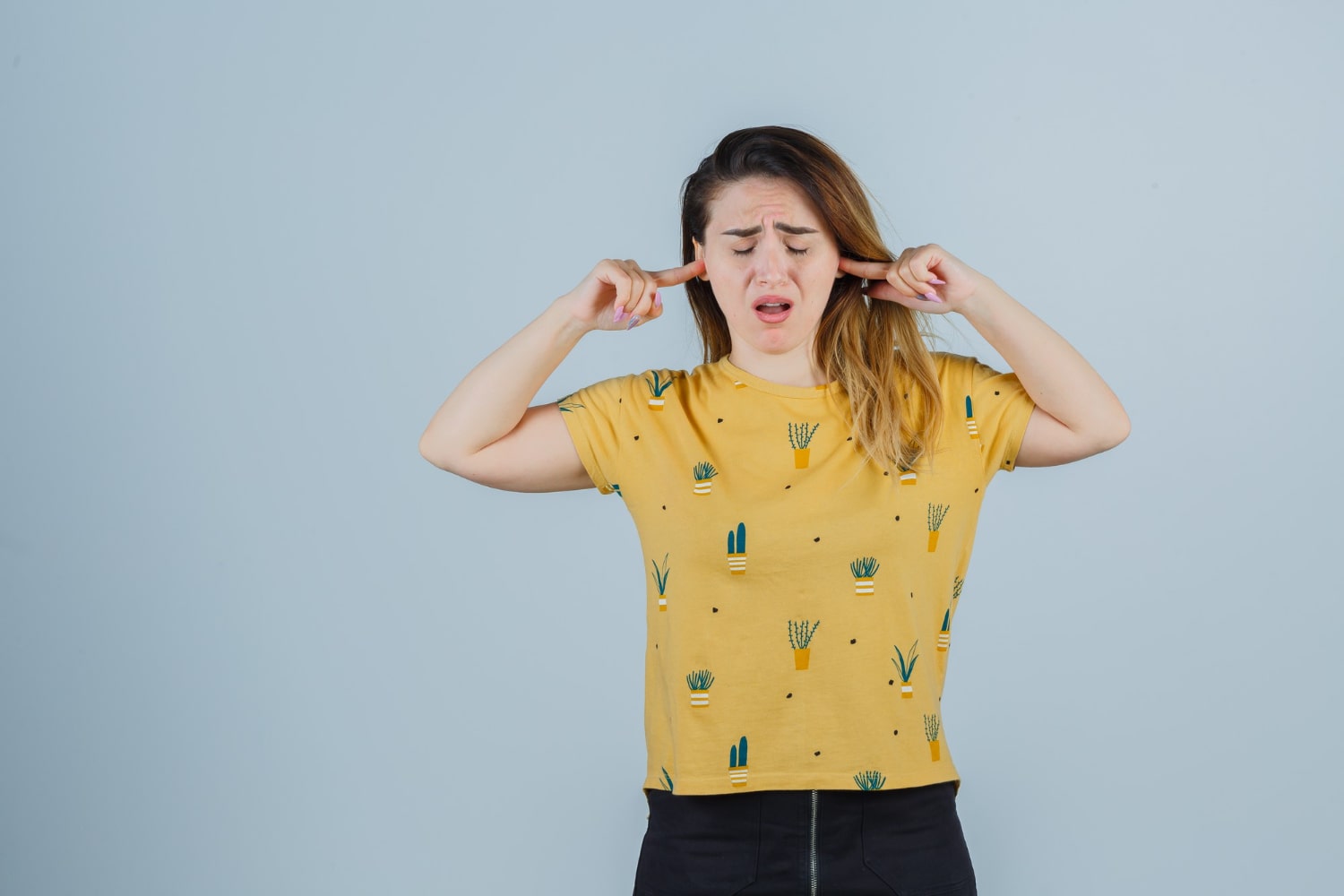 |
| Noise Sensitivity |
A revealing study published in PLOS One in 2023, carried out in the United Kingdom, has shed light on a phenomenon that went unnoticed: noise sensitivity affects almost one in five adults.
According to Richard J. Salvi, co-founder and director of the Center on Hearing and Deafness at the University at Buffalo, at least 29 medical conditions are linked to this sensitivity, underscoring the importance of addressing this public health issue. People who suffer from hyperacusis or misophonia find everyday sounds intolerable, while others experience sensory sensitivity due to sensory processing disorders, attention deficit hyperactivity disorder, or autism. Additionally, those suffering from migraines, fibromyalgia, or mental health issues often have their symptoms exacerbated by loud sounds. Even without a specific diagnosis, repeated exposure to loud sounds can affect hearing and overall health. However, there is hope as a complete hearing evaluation can rule out underlying hearing disorders, and there are numerous tools to make the environment more tolerable or block out unwanted sounds. Also Read: Archive of Ancient Brains Could Guide Advances in Mental IllnessSince the 1970s, the Environmental Protection Agency considered noise a form of environmental pollution. The phasing out of funding for noise control since 1981 has contributed to an increasingly noisier world. Exposing yourself to noise can affect you more than you thinkProlonged exposure to sound levels above 75-85 decibels can damage the auditory system, highlighting the importance of reducing the volume in noisy environments. Deanna K. Meinke, an audiologist and professor at the University of Northern Colorado, warns that exposure to 100 decibels for just 15 minutes can have a similar impact on hearing as several hours at 85 decibels. Therefore, reducing the volume benefits everyone, regardless of noise sensitivity. Research indicates that excess noise can cause a variety of health problems, from hearing loss and sleep disorders to heart disease, metabolic disorders, anxiety, and depression. For those sensitive to noise, loud sounds activate the amygdala, triggering fight or flight responses and triggering detrimental physiological changes. To mitigate the effects of noise, several tools are recommended. Earplugs and protective earmuffs are effective options for reducing ambient noise. Additionally, noise-cancelling headphones can selectively block out unwanted sounds, providing greater control over the sound environment. Modifying the environment can also be helpful. Acoustic coatings, absorbent materials, and sound control devices can significantly reduce noise pollution in the home or workplace. By taking a comprehensive approach that combines technology, personal care, and environmental adjustments, it is possible to mitigate the negative effects of noise on health and well-being. |

Comments
Post a Comment